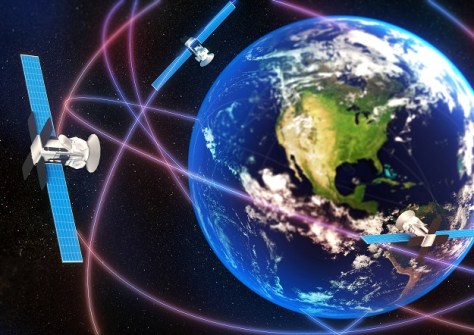
The International Civil Aviation Organization (ICAO), International Telecommunication Union (ITU) and International Maritime Organization (IMO) have issued a statement expressing “grave concern” over spoofing and jamming of the GNSS.
The three UN bodies have urged member states to act to “urgently enhance the protection” of GNSS operating in the frequency bands allocated to the Radio Navigation Satellite Service (RNSS).
This comes in the wake of increasing incidents of interference with aviation, maritime and other satellite telecommunications services.
“Global Navigation Satellite Systems are critical to our safety on land, at sea and in the air,” said ITU Secretary-General Doreen Bogdan-Martin.
“Member States should ensure the uninterrupted operation of these systems for everyone’s safety and the resilience of essential services that our lives depend on.”
The joint statement requests members states to:
- protect the RNSS from transmissions that can adversely cause harmful interference degrading, interrupting or misleading signals used for civilian and humanitarian purposes;
- reinforce resilience of the systems which rely on RNSS for navigation, positioning and timing in relation to this type of interference;
- retain sufficient conventional navigation infrastructure for contingency support in case of RNSS outages and misleading signals, and develop mitigation techniques for loss of services;
- increase collaboration between radio regulatory, civil aviation, maritime, defence and enforcement authorities; and
- report cases of harmful interference affecting RNSS to the appropriate telecommunication, aeronautical and maritime authorities, and to the ITU Radiocommunications Bureau, to enable the monitoring of the situation.
“Protecting radiocommunications systems from harmful interference is at the core of ITU’s mandate,” said Mario Maniewicz, Director of the ITU Radiocommunication Bureau.
“We call on our Members to make responsible use of the radiofrequency spectrum, which is a precious, natural and shared resource we rely on for communicating, travelling and working in our daily lives.”






